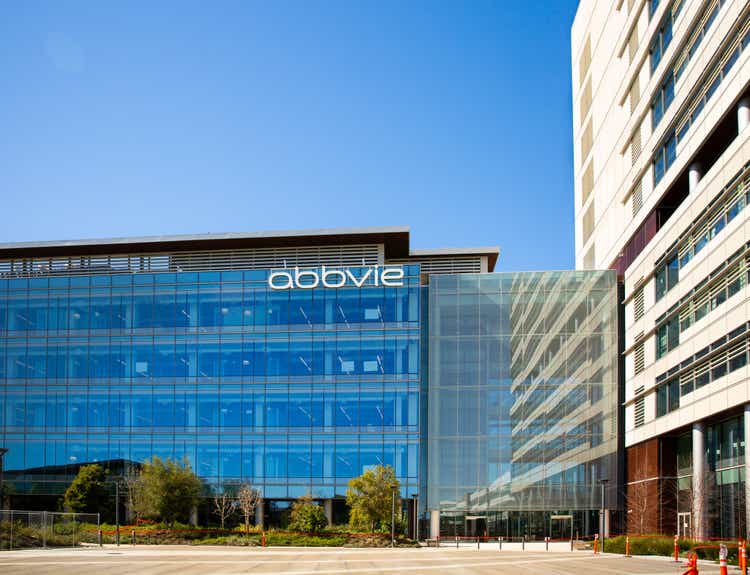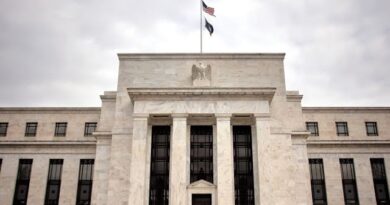AbbVie retains Humira market despite copycats (NYSE:ABBV)

vzphotos
AbbVie (NYSE:ABBV) has continued to maintain near 100% market share for its blockbuster arthritis therapy Humira (adalimumab) despite the U.S. market entry of vastly discounted biosimilars more than a year ago, according to a report from generic drugmaker Samsung Bioepis.
In its latest quarterly biosimilar report, the South Korean company said that as of February 2024, AbbVie (ABBV) had retained 96% of the adalimumab market share, a year after the launch of the drug’s first off-patent version in the U.S.
Amgen (NASDAQ:AMGN) rolled out the first biosimilar against Humira in the U.S. last year with the launch of Amjevita/Amgevita in late January.
Several other copycat versions from companies such as Novartis’ (NVS) spinoff Sandoz (OTCQX:SDZNY) (OTCQX:SDZXF), Coherus BioSciences (CHRS), Fresenius (OTCPK:FSNUF) (OTCPK:FSNUY), Organon (NYSE:OGN)/Samsung Bioepis, and Pfizer (PFE) followed suit.
Others, such as Viatris (VTRS), have yet to finalize their launch dates. Most recently, generic drugmakers Teva Pharmaceuticals (NYSE:TEVA) and Alvotech (ALVO) won U.S. approval for their Humira biosimilar.
Many have launched their products with flexible pricing options, with discounts exceeding 80% in some cases. A few have launched interchangeable versions, allowing pharmacists to substitute the high-cost branded versions without the involvement of a clinician.
However, Humira biosimilars are slowly making headway, with their market share reaching 4% in February, up from 2% in the prior quarter, according to Samsung Bioepis.
The report highlights the challenges generic drugmakers face in overcoming established brand-name drugs, in this case, Humira, which brought $21B in sales for AbbVie (ABBV) in 2021, making it the world’s bestselling drug for the tenth consecutive year.
A recent report from healthcare analytics firm IQVIA (IQV) pointed out that the U.S. healthcare system can save up to $6B if all Humira-treated patients switch to biosimilars.
However, pharma intermediaries, known as pharmacy benefits managers, would lose 84% of their profits, mainly due to the rebate schemes they have adopted favoring Humira.
Major managed care organizations, such as CVS Health (CVS). Cigna (CI), UnitedHealth (UNH), and Elevance Health (ELV) own PBMs in the U.S. A switch will also impact the revenue of specialty pharmacies, which some of these PBMs own, as branded Humira versions are mostly administered at those locations.
Major specialty pharmacy operators in the U.S. include CVS Health (CVS). Cigna (CI), UnitedHealth (UNH), Humana (HUM), Walgreens (WBA), Centene (CNC), McKesson (MCK), Walmart (WMT), and Rite Aid (OTC:RADCQ).
Recently, German drugmaker Boehringer Ingelheim was forced to cut its U.S. salesforce, noting that its Humira biosimilar lagged expectations with PBMs keeping the branded product on their formularies.
“Even when plans cover the biosimilars, they place the biosimilar on parity with the higher-priced brand and remove any incentive for patients to use the lower-cost biosimilar,” Craig Burton, Executive Director of the industry lobby group, Biosimilars Council, noted. “It is critical that Congress enact legislation to rein in such PBM abuses,” he added.



